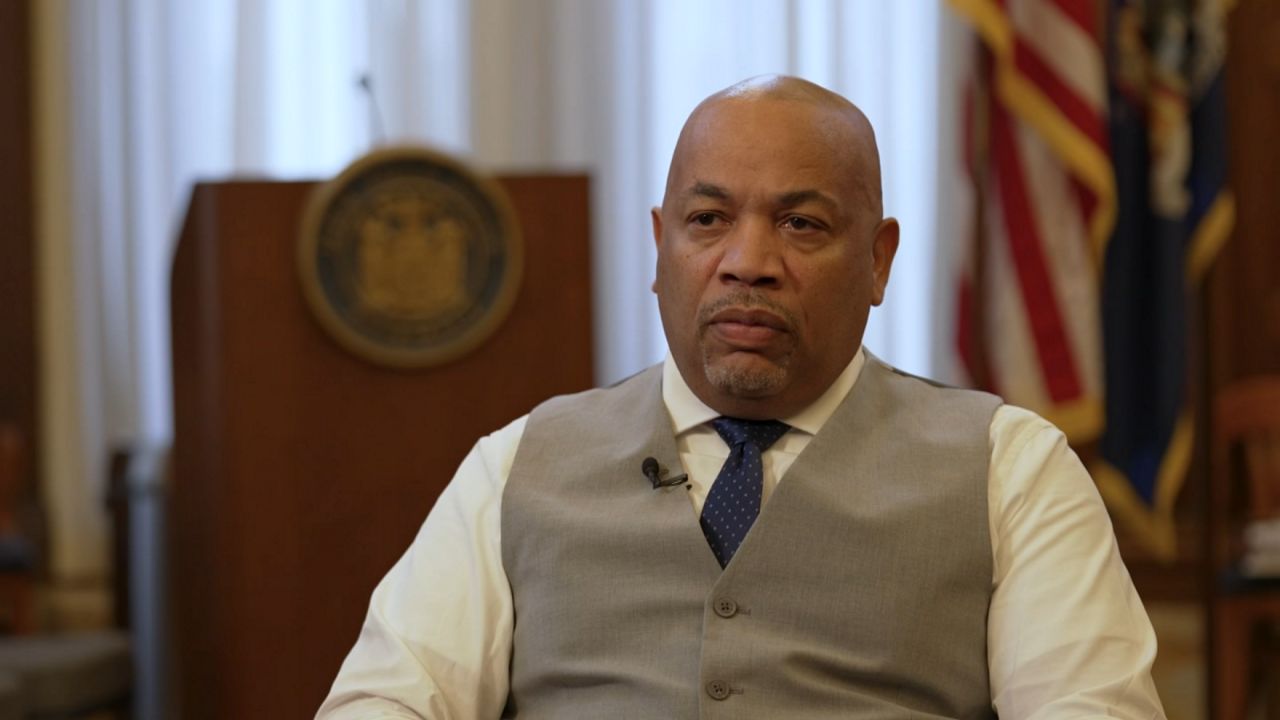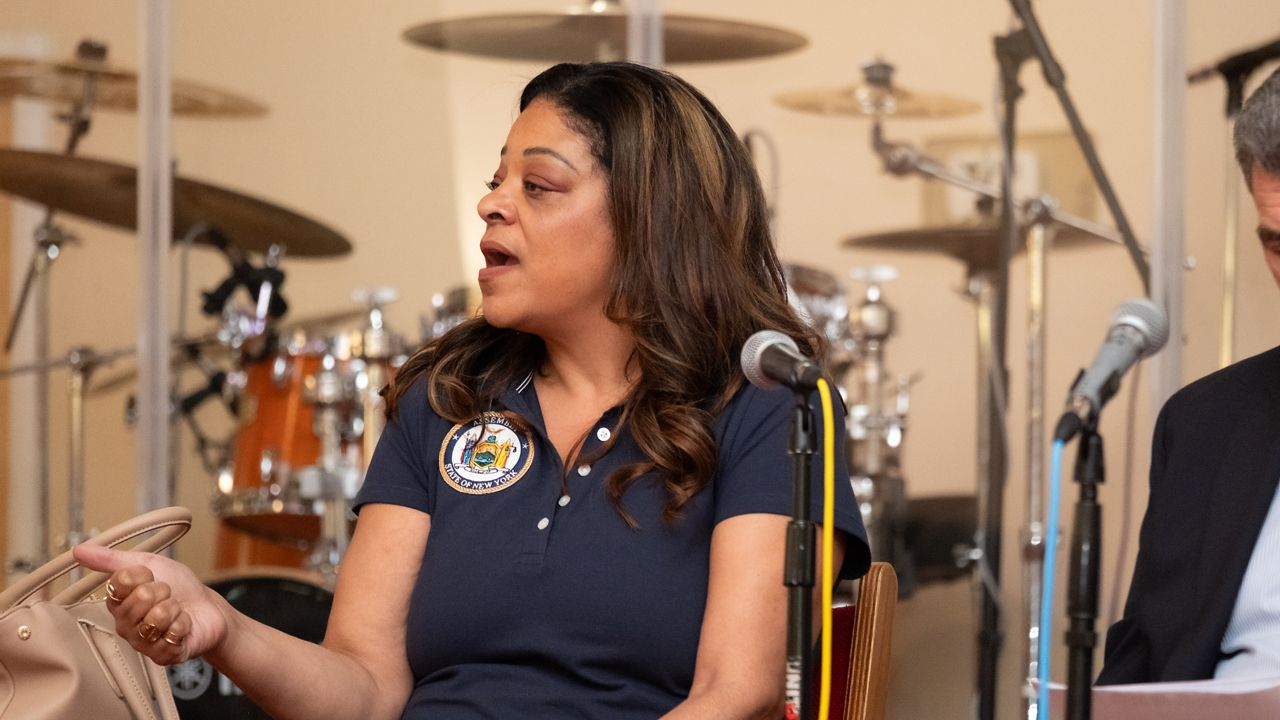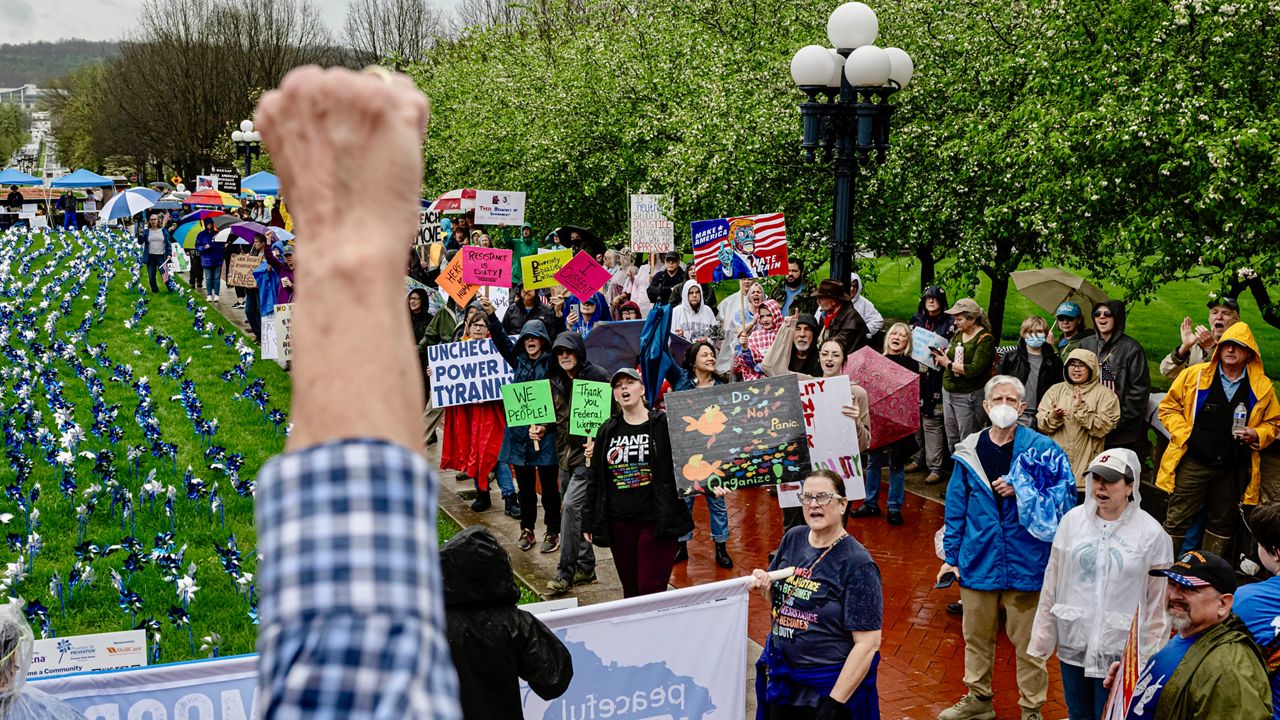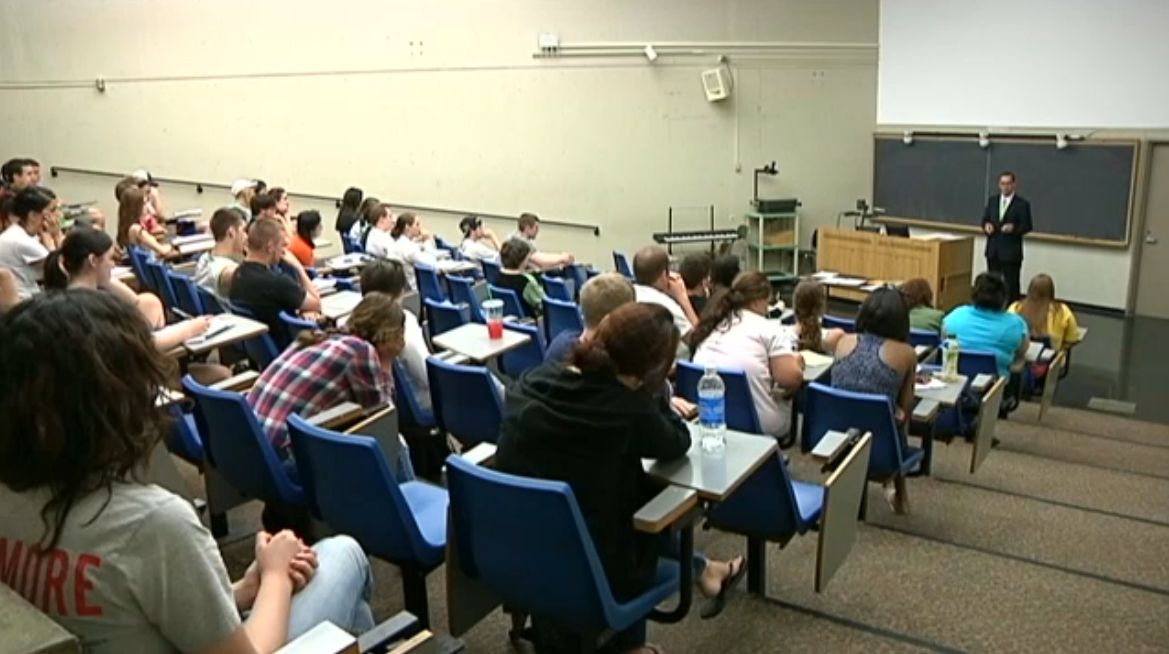At one time, the Onondaga Nation comprised 4,000 miles in upstate New York. It’s currently a shadow of its former self at 7,500 acres just south of Syracuse.
But in May, an international human rights commission ruled the nation may pursue claims that their land was taken unjustly, which sets up a first-of-its-kind case in which a Native American nation will have an international legal forum in which to sue New York state.
The international commission is the Inter-American Commission on Human Rights, a part of the Organization of American States (OAS), what The Associated Press calls “a pro-democracy grouping of Western Hemisphere nations.”
Tadodaho Sid Hill, the spiritual leader of the Onondaga Nation, and the nation’s attorney, Joe Heath, discussed the case with Capital Tonight.
“The Onondagas used to enjoy the stewardship and use of 2 1/2 million acres, running, essentially, through the center of New York,” Heath said. “In the 1790’s and early 1800’s, New York systematically took 99% of that land illegally, in clear violation of the constitution, the Trade and Intercourse Act, and treaties which the United States had recognized that Onondaga land should be protected.”
The nation has worked to regain that land via Congress and the courts over the past 240 years, but to no avail. The OAS petition is the latest chapter in the struggle to regain the land.
“The next level is the OAS. That’s where we are now. Nothing to be too optimistic about, the whole court system. But this is the process that’s been laid to us,” Tadodaho Sid Hill said.
The Onondaga Nation isn’t looking for reparations. Instead, it’s looking to reclaim 2.5 million acres of land.
“It’s where our nation was formed,” Tadodaho Sid Hill stated. “It’s the land our creator provided for us 10,000 years ago. We’ve been here. We’ve been able to hunt, fish and gather, really, for thousands of years.”
While optimism is in short supply, some can be found in the way Gov. Kathy Hochul has so far approached the Onondagas.
On Aug. 25, Hochul visited the Nation, the first New York governor to do so. She also spent time in the Long House and extended her visit with tours of the school and health clinic.
Hochul also created the role of deputy secretary for First Nations to be a direct contact between the state and Native American nations.
As for when the nation will get its day in court, Heath said things are moving very slowly.
“The timeline is extremely difficult to predict,” he said.










